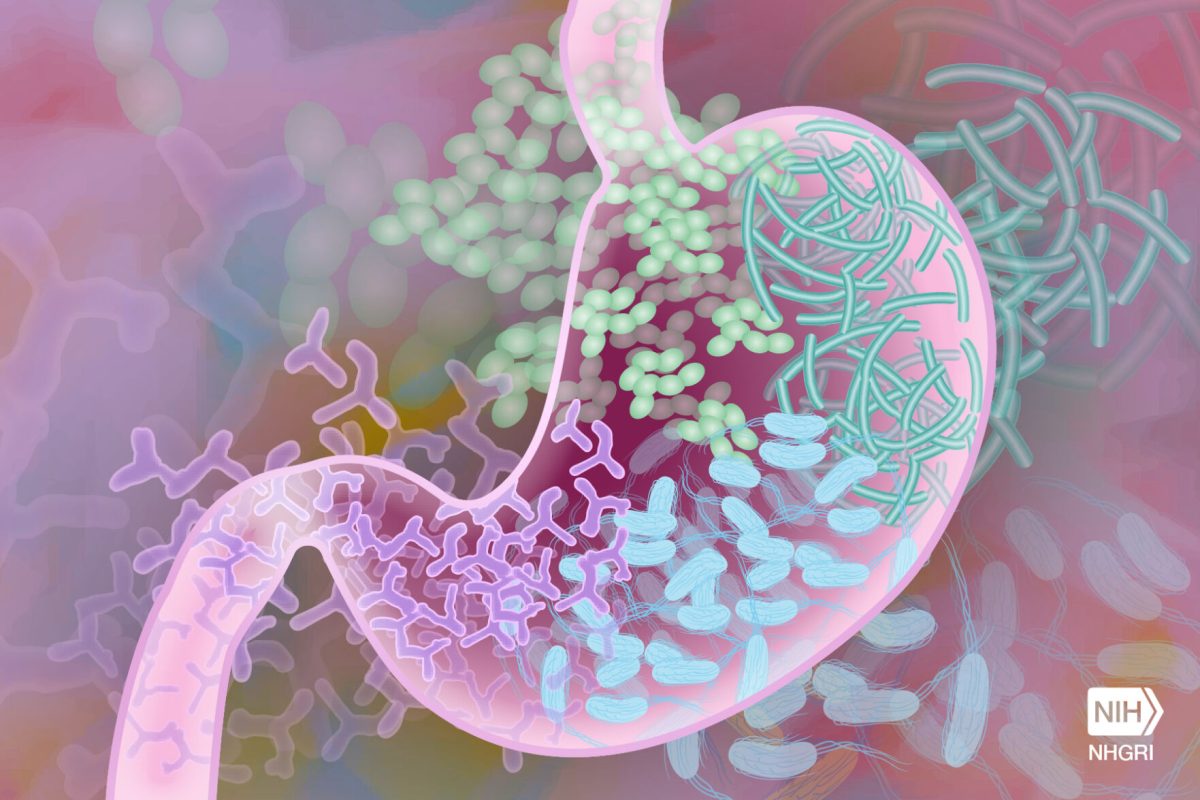Sweaty hands, rapid heart rate, and tense muscles are all common symptoms of anxiety. Maybe you have experienced these symptoms while preparing for a job interview or attending a social gathering.
What if that anxiety was related to tiny organisms in our gut, called bacteria, that produced anxiety-causing molecules?
New research by scientists at the California Institute of Technology, published in the journal Nature, highlights the discovery of the gut bacterial product, 4-ethyl phenyl sulfate, or 4EPS, that sparks anxiety-like behaviors in mouse models.
Researchers in this study were intrigued by the effects of 4EPS on social behavior and brain function since 4EPS production is increased in mice with autism and schizophrenia.
“The research in this field is growing, and it is important to test the effects of gut bacterial products on social behaviors” Dr. Kristi Whitehead, Clemson University
For this study, the researchers employed two groups of mice to test the effects of 4EPS on social behaviors. Group one consisted of genetically engineered mice that produced 4EPS. Group two consisted of mice who lacked the ability to produce 4EPS. This mouse model was used to complete a series of social behavior tests.
One of the examinations, the light-dark test, utilized an open doorway between the light and dark portions of the box, allowing the mice to move freely within those areas. Mice with 4EPS production spent most of their time in the dark-lidded portion of the box, indicating an anxiety response due to 4EPS.
Through ultrasound imaging, a procedure used to capture pictures of the brain, the team discovered that 4EPS targets multiple brain areas, including the hypothalamus-a crucial brain region that controls anxiety responses.
Additionally, the research team uncovered that 4EPS reduces development of oligodendrocytes, a vital cell that regulates cell to cell connections in the brain.
“The research in this field is growing, and it is important to test the effects of gut bacterial products on social behaviors,” notes Dr. Kristi Whitehead, a gut microbiome researcher at Clemson University. She also highlights that the study “gives strong evidence to support the notion that 4EPS affects social behavior”.
The study suggests further research on the gut-brain axis to confirm the effects of 4EPS products on social behaviors. However, this research sparks the question, will healing our gut cure anxiety?
Tigra scientifica aims to make primary scientific literature accessible to the general public. The column is written by the students of Dr. Lesly Temesvari’s Popular Science Journalism course, BIOL 4940.















